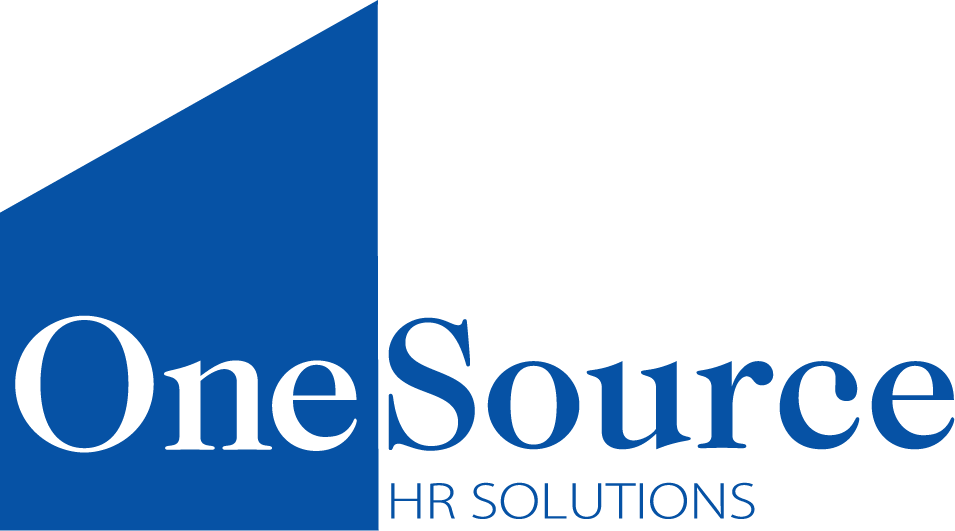In today’s fast-paced business world, managing people effectively is crucial for the success and sustainability of any organization. Human Resource (HR) professionals play a vital role in ensuring a productive and harmonious work environment, as they handle various aspects of employee management, from recruitment and onboarding to performance evaluations and conflict resolution. However, some companies, particularly smaller ones, may choose to forgo experienced in-house or outsourced HR professionals due to budget constraints or other reasons. While this decision may seem practical at first glance, it comes with inherent risks that can negatively impact the organization in the long run. In this article, we will explore the potential dangers of managing people without knowledgeable and dedicated HR professionals and the risks of not having an HR department – in-house or outsourced.

5 Risks of Not Having an HR Department for Your Organization
1. Compliance and Legal Risks:
One of the primary responsibilities of HR professionals is to ensure that the organization complies with employment laws, regulations, and industry standards. Without dedicated HR personnel to oversee these matters, companies may inadvertently violate labor laws, leading to potential legal issues, fines, and reputational damage. If you’re curious how this could play out, we detail an example case study in our article, “HR Risk Management: How an HR Misstep Exposed a Company to Risk“.
HR professionals are well-versed in employment laws, such as those related to wage and hour, anti-discrimination, and employee rights. Their expertise helps companies avoid costly legal disputes and penalties by implementing proper policies and procedures.

2. Ineffective Recruitment and Onboarding:
Recruiting and onboarding new employees is a critical process that significantly impacts the success of a company. Without HR professionals, the responsibility of hiring and onboarding often falls on managers or other staff members who may lack the necessary experience and knowledge.
Improper recruitment and onboarding can lead to hiring the wrong candidates, resulting in high turnover rates and increased recruitment costs. In-house HR professionals have the expertise to attract and assess the right talent, ensuring a smooth onboarding process and increased employee retention.
3. Lack of Employee Development:
Employee development and training are essential for enhancing skills, job satisfaction, and overall performance. In-house HR professionals are equipped to identify training needs, design development programs, and provide ongoing support to employees.
Without HR professionals, employees may miss out on growth opportunities and feel undervalued, leading to decreased motivation and productivity. A lack of training and development can also hinder succession planning, leaving the company unprepared for future leadership roles.

4. Absence of Conflict Resolution:
Workplace conflicts are inevitable, and addressing them promptly and effectively is essential to maintain a positive work environment. In-house HR professionals are trained in conflict resolution and can mediate disputes impartially.
When conflicts arise without HR intervention, tensions may escalate, affecting team dynamics and overall productivity. Inadequately managed conflicts can result in increased employee turnover and damage team morale.
5. Employee Relations and Well-Being:
HR professionals are skilled in handling employee relations, including conducting performance evaluations, addressing grievances, and ensuring fair treatment of employees. Without this support, employees may feel unheard and undervalued, leading to decreased job satisfaction and increased turnover.
Furthermore, HR professionals play a significant role in promoting employee well-being and work-life balance. The absence of in-house HR can lead to a lack of focus on employee welfare, which may result in burnout and a decline in overall team morale.

Conclusion
While it may seem cost-effective to manage people without in-house HR professionals, the risks associated with this decision can have long-term negative consequences for the organization. HR professionals play a pivotal role in ensuring legal compliance, effective recruitment and onboarding, employee development, conflict resolution, and overall employee well-being.
For companies unable to maintain a full in-house HR team, outsourcing HR functions or hiring part-time HR consultants, like OneSource HR Solutions, can be viable alternatives to avoid the risks of not having an HR department. By prioritizing employee management and investing in HR support, organizations can create a positive and productive work environment, fostering employee satisfaction, talent retention, and ultimately contributing to the company’s success.
